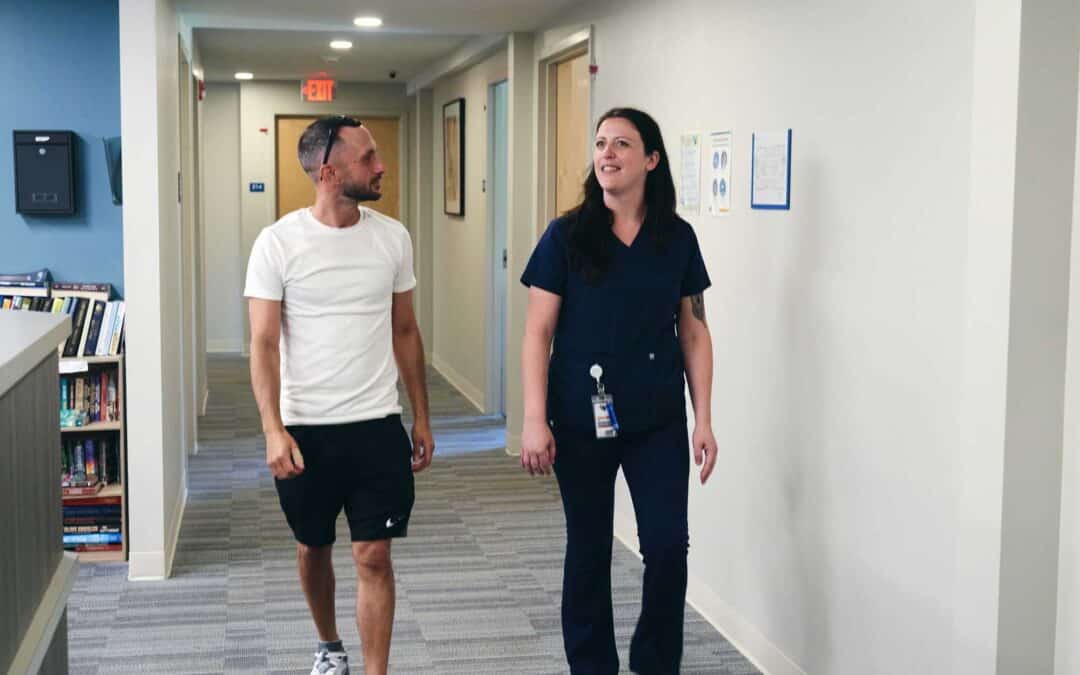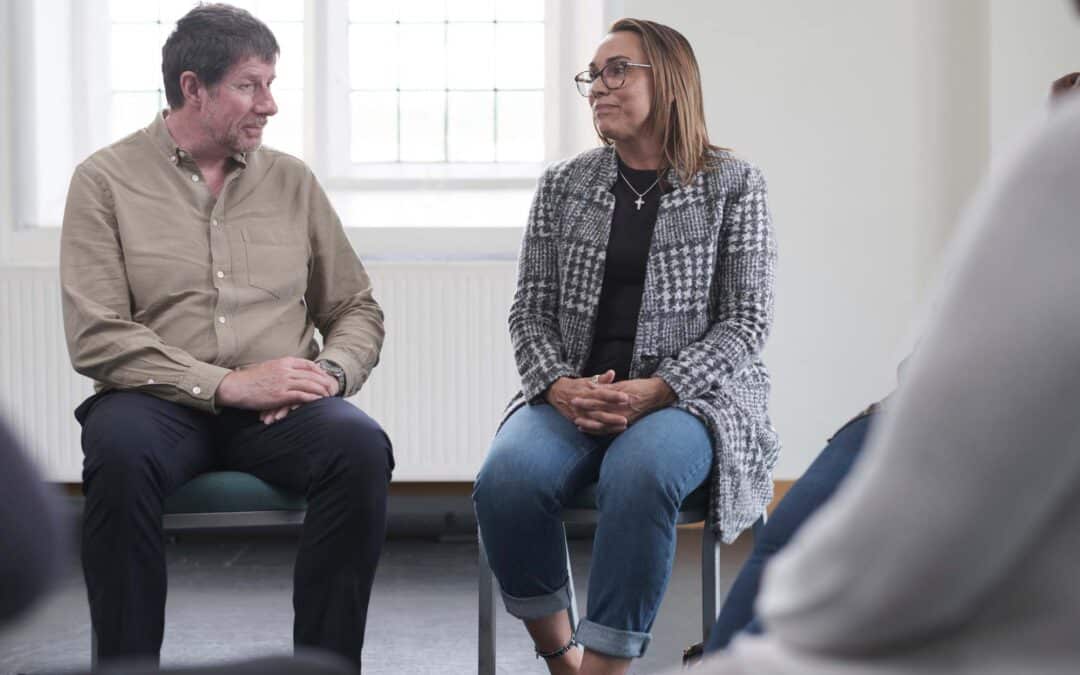Recovery can feel amazing, but at times it can also feel lonely when someone has stopped using drugs or drinking alcohol, which usually means leaving many friends and even some family members behind. The pull of missing one’s old life can be just as strong as any drug craving, which is why people in recovery need a healthy and safe support system. During the early days of recovery, it is vital to develop coping skills and strategies, many of which depend on a good support system, to prevent relapse and stay on track. This support system consists of family and friends through family therapy, therapeutic staff, and medical care providers.
What Is a Support System and Who Is Part of It?
A support system, by definition, is a system of people, organizations, and tools that provide resources and help to individuals. In the context of recovery from addiction, the term is often used to refer to counselors, peers, and trusted loved ones that support someone who is maintaining their recovery. Family therapy is often used to help develop a strong support system. Some of the people who can function as part of a support system are:
- Trusted loved ones – partners, friends, and family members
- Substance abuse treatment professionals – counselors and medical staff
- Peers – others who are in recovery and able to offer support
- Physical and mental health care providers – doctors, nurses, etc.
- Spiritual mentors and religious leaders – pastors, rabbis, imams, etc.
What Kind of Organizations Can Be Part of a Recovery Support System?
One of the most beneficial aspects of an organization that acts as part of a recovery support system is the sense of community. A social support system can help someone in recovery stay accountable and offer relationships and activities that are safe and not centered on drug use or drinking. Some types of organizations that may be part of a healthy support system are:
- Peer support groups such as Alcoholics or Narcotics Anonymous
- Churches or other spiritual organizations
- Community clubs or activity groups
- Sports teams or gyms
- Mental health support groups such as DBSA or NAMI
What Kinds of Tools Are Available to Support People in Recovery?
A range of apps and online tools can help people in recovery keep themselves accountable and access peer support. Some people prefer a more ‘analog’ method, such as journaling or keeping a planner to help them track their feelings and other aspects of their recovery journey. Many of these tools are placing recovery resources in the hands of people who otherwise might not have access to supportive care.
For the healthcare provider, there are quite a few clinical decision support systems that can help general practitioners and other community care providers be more helpful and comprehensive when supporting their patients and clients in recovery. Studies suggest that the general practitioner or family doctor is often well-positioned to recognize and intervene in the early stages of addiction. Therefore, these new tools to help clinicians make sound and timely decisions for their clients have the potential to save lives.
Liberty Health Services Can Help You Develop a Strong Support System for Recovery
A substance use disorder (an addiction to drugs or alcohol) is not a condition many can recover from in isolation. If you or a loved one are beginning your recovery journey, we at Liberty Health Services are ready to help you develop the skills and build the healthy relationships you need to succeed. Located in Derry, New Hampshire, we are dedicated to helping our clients and their families heal from addiction. Contact our caring and compassionate staff today at 855.959.4521. We can help you build and maintain your support system.


